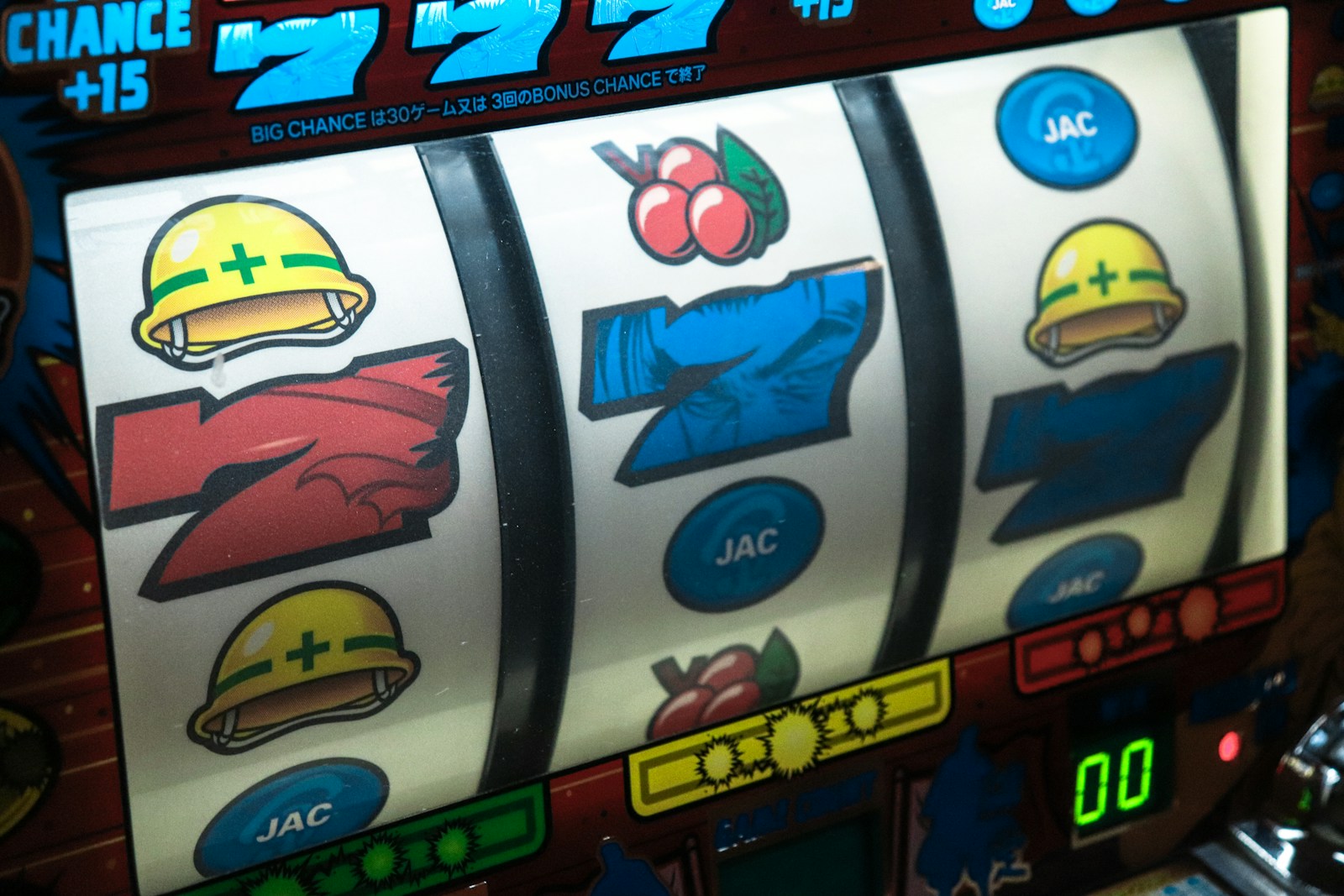The app stores are flooded with gambling apps that look glossy and legit. But when real money, personal data, and our devices are on the line, “looks” aren’t security. To find the safest and most secure mobile casino apps, we need to know what to verify (and how), which protections matter in practice, and where the legal lines are drawn. Below, we break down the essentials, from pre-download vetting to device hygiene, compliance cues, and the red flags that tell us to walk away fast.
What Safety and Security Really Mean
Safety and security aren’t the same thing. Security is about hard controls, encryption, access management, audits, and code quality. Safety is the wider ecosystem: the license behind the app, fairness testing, responsible gambling tools, and clear policies that protect us when things go wrong.
The core pillars
- Data protection: End-to-end TLS (ideally 1.3) in transit and strong encryption at rest (e.g., AES-256). Look for privacy policies that commit to data minimization, limited retention, and no shady third-party sharing.
- Platform integrity: Regular updates, disclosed changelogs, and a documented incident response process. Reputable operators run bug bounties or third‑party security testing.
- Fair play: Independent RNG testing and ongoing game certification from labs like eCOGRA, iTech Labs, GLI, or BMM. Real audits, not just logos.
- Organizational assurance: A solid license (UKGC, MGA, state regulators in the US), and sometimes extra seals like ISO/IEC 27001 for information security management or SOC 2 Type II for platforms.
- Player protection: Self-exclusion, deposit/loss limits, cool‑offs, and reality checks that are obvious and easy to use.
When these pieces show up together, and are verified, not merely claimed, we’re closer to a truly secure mobile casino experience.
How to Vet an App Before You Download
We can spot 80% of risks before the app ever touches our phone.
1) Validate the license and operator
- Start at the operator’s official site (not a mirror domain). Confirm the company name, address, and license number. Follow the link to the regulator’s database and verify the license is active.
- Trusted regulators include the UK Gambling Commission (UKGC), Malta Gaming Authority (MGA), Gibraltar, Isle of Man, and, for the US, state-level bodies like New Jersey DGE, Pennsylvania Gaming Control Board, Michigan MGCB, Connecticut, West Virginia, Delaware, and Rhode Island. Laws vary by jurisdiction: play only where it’s legal.
2) Confirm the publisher in the app store
- In the App Store or Google Play, the developer/publisher name should exactly match the licensed company or its well-known brand entity. Clones often have near-miss names, mismatched logos, or new publisher accounts with minimal history.
- Check the install count, version history, and update cadence. High-traffic, regularly updated apps with detailed release notes are generally safer.
3) Inspect real signals in reviews
- Don’t just skim star ratings. Read recent reviews for patterns: delayed withdrawals, sudden account closures, aggressive bonus traps, or odd crashes tied to payment screens.
- Search the brand with terms like “breach,” “security incident,” or “regulator fine.” A lack of transparency is a signal in itself.
4) Verify fairness and payment controls
- Look for game testing certificates (eCOGRA/iTech/GLI/BMM) and follow the links to confirm they resolve to the operator or platform. Many labs allow public verification.
- Payment methods should include reputable options (Visa/Mastercard with 3‑D Secure 2, PayPal, Apple Pay/Google Pay, bank transfers). Legitimate operators comply with PCI DSS for card handling.
5) Read the privacy policy like a hawk
- Red flags: broad data sharing with “partners,” indefinite retention, or permission to use your data for “any purpose.” We want clear retention periods, opt‑out choices, and GDPR/CCPA-style rights.
6) Advanced checks for the tech-savvy
- Android: avoid APK sideloads. If you must, check the app’s signing certificate fingerprint and compare it to the known store version. Verify the package name against the official listing.
- Network sanity check: if you use a proxy/monitor, ensure all traffic is over HTTPS to known domains. No plaintext, no mystery third-party endpoints.
If any single piece looks off, the license, the publisher, or the disclosures, don’t rationalize it away. There are plenty of safer alternatives.
Protecting Your Money, Identity, and Devices
Even the safest operator can’t save us from weak personal security. A few habits make a huge difference.
Lock down the account
- Use a password manager and create a unique, long passphrase. If the app supports passkeys or hardware‑backed biometrics, turn them on.
- Enable two-factor authentication (TOTP or push). Avoid SMS when possible.
- Set deposit, loss, and session limits on day one. It’s much easier to stay safe when we pre-commit.
Pay smart
- Prefer methods with extra fraud protection: 3‑D Secure 2 on cards, PayPal, or tokenized Apple Pay/Google Pay. In supported regions, open banking can reduce card exposure.
- Keep a dedicated payment method for gambling to simplify tracking and quick freezes if needed.
Handle KYC the safe way
- Use only the in‑app secure upload or the encrypted web portal, never email ID documents.
- Before uploading, remove sensitive clutter from the photo frame. Some people watermark copies with “For [Operator] – [Date] – Not for resale.” Don’t obscure required fields.
Harden the device
- Keep iOS/Android and the app itself fully updated. Enable automatic updates.
- Turn on device encryption and a strong screen lock: enable biometric login for the app if offered.
- On Android, keep “Install unknown apps” off: use Google Play Protect. On iOS, avoid developer profiles you don’t recognize.
- Review permissions: a casino app shouldn’t need access to your contacts, SMS, or full file system. Location may be required for legal compliance, but it should be explained.
Network hygiene and phishing
- Avoid public Wi‑Fi for transactions. If you must, use a reputable VPN and DNS over HTTPS.
- Treat emails and texts claiming account issues as suspicious. Go directly to the app or official site: don’t click the link. Support will never ask for your password or full card number.
Small steps, unique credentials, 2FA, cautious documents, and a hardened device, neutralize the most common threats.
Legal Compliance and Player Protection
The safest and most secure mobile casino apps anchor themselves in strong regulation. That’s not just a badge, it’s a framework that forces good behavior.
Know your jurisdiction
- In the US, online casino legality is state-specific. As of recent years, states like New Jersey, Pennsylvania, Michigan, Connecticut, West Virginia, Delaware, and Rhode Island regulate online casinos. Always verify current status with your state regulator.
- Internationally, well-regarded regimes include the UK Gambling Commission (strict on consumer protection) and the Malta Gaming Authority (widely recognized). Sweden’s Spelinspektionen, Gibraltar, and the Isle of Man are also credible.
What compliant apps must do
- KYC/AML: Verify identity and watch for fraud and money laundering, typically before withdrawals. Done right, this protects both sides.
- Geolocation and age checks: Required in many markets: collection should be proportionate and transparent.
- Responsible gambling tools: Mandatory self-exclusion, time-outs, reality checks, and deposit/loss limits, easy to find and not buried in menus.
- Fairness and RTP disclosures: Independent testing of RNGs and published return-to-player metrics, with periodic re‑audits.
- Data rights: GDPR/CCPA-style rights to access, delete, or restrict processing, plus clear complaint and dispute-resolution routes (e.g., ADR bodies such as eCOGRA in some regions).
- Segregation of player funds: The better operators keep balances separate from operating capital, offering stronger protection if the company runs into trouble.
When these requirements are visible, and verifiable via the regulator’s site, we’re dealing with an app that takes player protection seriously.
Red Flags and Deal-Breakers
Some issues are annoying: others are non‑negotiable. If we see the following, we uninstall or never install.
- No license, unverifiable license, or a regulator with a poor reputation. If you can’t validate it, assume it’s not real.
- Sideload-only Android builds or pressure to bypass the official stores.
- Publisher mismatch between website and app store: new developer accounts with cloned branding.
- Vague or predatory terms: withdrawal fees, long “pending” periods, or arbitrary balance confiscation.
- Aggressive bonuses with unrealistic wagering (e.g., 70x+) or hidden game restrictions that make wagering impractical.
- No responsible gambling tools visible in the app.
- Requests for unnecessary permissions (contacts, SMS, call logs, persistent background location without explanation).
- Privacy policies that allow broad data sharing with “partners” and retain data indefinitely.
- Only-crypto deposits with no credible licensing or fiat options: zero transparency on custody or on/off-ramps.
- Payment flows that leave the app for sketchy third-party sites or show certificate warnings.
- Sparse update history, generic release notes, or months without security patches.
- Nonexistent customer support or only social media DMs: no physical address or company registration.
- Marketing claims like “guaranteed wins,” “RNG unbeatable,” or “RTP 110%.” That’s not how math, or regulation, works.
One red flag might merit caution. Two or more? We move on.
Conclusion
Choosing the safest and most secure mobile casino apps isn’t about paranoia, it’s about process. We verify the license at the source, match the app store publisher to the operator, confirm independent testing, and read the privacy policy like our data depends on it (because it does). Then we add our own layers: unique credentials, 2FA, strict limits, updated devices, and zero tolerance for sketchy permissions or payment flows.
When in doubt, skip it. There are plenty of regulated, fair, privacy‑respecting apps that treat players like adults and data like gold. Security is shared, operators must earn our trust, and we keep it by staying sharp.



